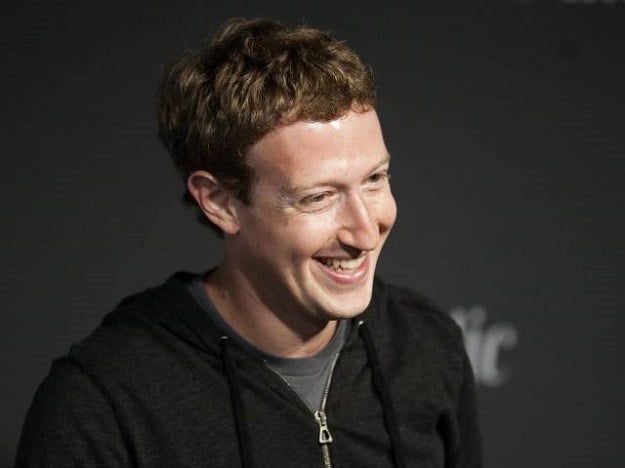Mark Zuckerberg, the founder of Meta, has boldly forecasted that by 2025, artificial intelligence will have advanced to the point where it can code at the level of mid-level engineers. In a world where technology evolves at lightning speed, this statement offers a glimpse into the future, where AI could become an integral part of engineering teams, not just a tool used by developers.
In a podcast interview, Zuckerberg also announces his plan to replace AI Agents with Mid-level engineers this year at the Meta labs.
During a recent tech conference, Zuckerberg elaborated on his vision, suggesting that AI could soon handle much of the coding currently performed by human engineers. If AI can write code with the proficiency of mid-level engineers, the implications could be far-reaching, potentially enabling AI to manage entire software projects autonomously, from concept to deployment.
Beyond Coding: The future of AI in engineering
Zuckerberg’s comments raise the possibility of even more radical advancements. The next step could be the creation of self-improving AI systems that evolve their coding abilities, potentially eliminating the need for human intervention. The idea that AI could one day oversee large-scale engineering projects opens up questions about how we will manage these advanced systems and the role humans will play in this new technological era.
At the conference, one speaker humorously suggested that we could soon see “AI Engineers’ Unions” to advocate for the rights of AI workers, underlining the monumental shift that AI’s involvement in engineering could bring. While this was clearly a playful exaggeration, it reflects the growing conversation about AI’s role in the workforce.
Challenges ahead
Zuckerberg’s prediction is both thrilling and unnerving. On one hand, AI-powered software development could lead to unprecedented speeds and scale in technology creation. On the other, it raises significant concerns about the future of jobs in tech, the ethical use of AI, and the potential loss of human agency in critical decision-making.
As we approach 2025, the tech industry, policymakers, and educators must consider how AI will reshape the landscape of software development and the workforce. The challenge will be balancing innovation with safeguarding jobs, fostering human creativity, and ensuring that AI is used responsibly and ethically.
Whether or not AI is coding like mid-level engineers by 2025, Zuckerberg’s vision is likely to set the tone for future advancements in software development, prompting a rethinking of what it means to be an engineer in a world driven by artificial intelligence.







